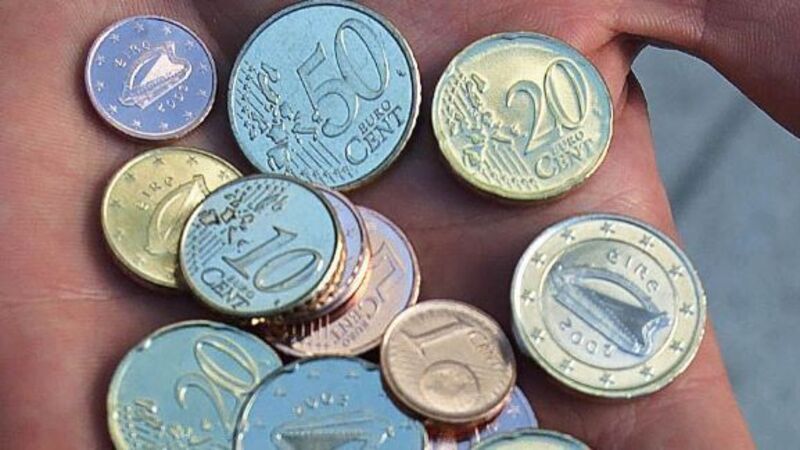German firms increasingly worried about weak euro

“The strong exchange-rate fluctuations in recent months are making it difficult to develop long-term plans and increasing the cost of the hedging transactions they need to do,” the DIHK said.
Most firms in Germany have to import goods and these have become noticeably more expensive due to the weak euro, it said.
















